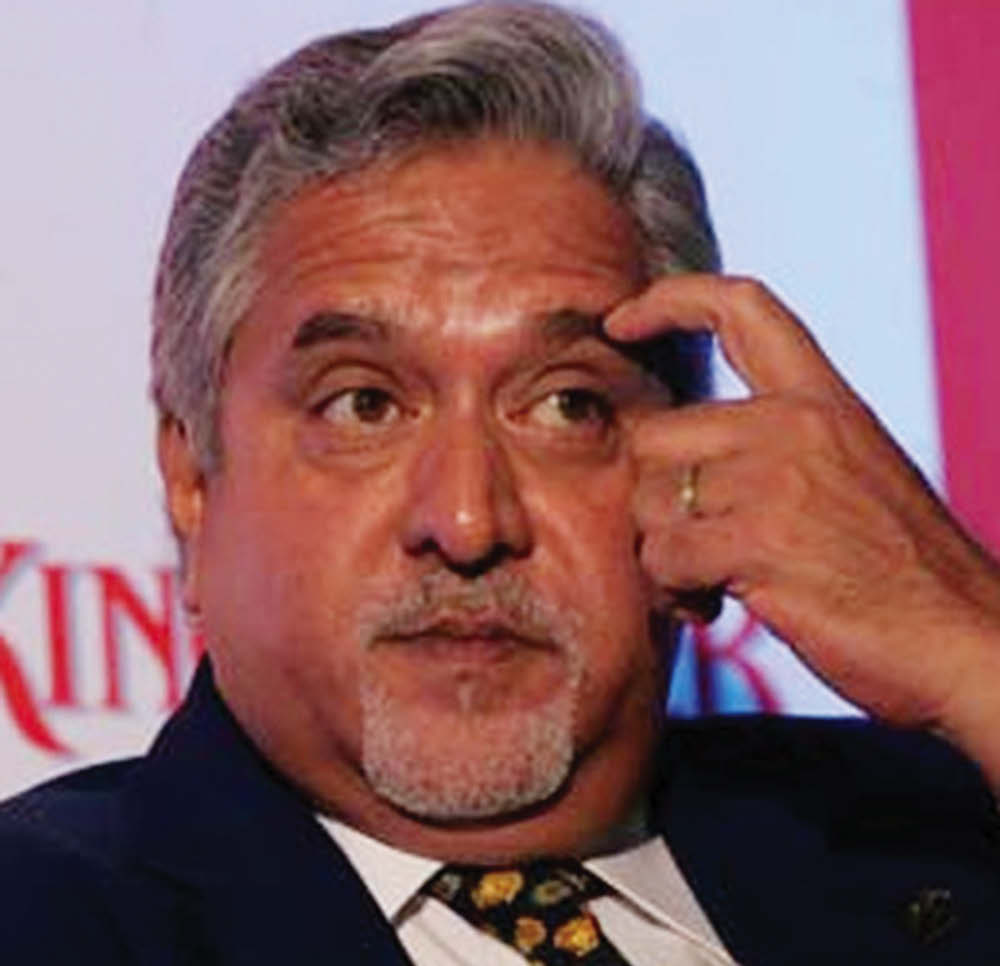
Edelweiss Alternative Asset Advisors Ltd, part of diversified financial services firm Edelweiss Group, is raising up to $1 billion for its first residential real estate fund, a top executive said. Also, Edelweiss Financial Services is raising Rs 500 crore from domestic institutions, high networth individuals and family houses for a fresh fund to invest in mid and large-cap stocks.
Edelweiss Real Estate Fund is a structured credit, offshore fund that is looking at investment opportunities in five property markets—National Capital Region (NCR), Mumbai, Pune, Bengaluru and Chennai with $15-75 million investment in each transaction. In the Edelweiss fund, structured credit means returns are structured keeping in mind the cash flow of the project. It keeps 1.5 to 2 times its investment amount as collateral and has control of the project cash flows.
“We are looking to partner mid-sized developers in real estate projects that have already got the key approvals. The fund will not provide capital to buy land or invest in an early stage of a project,” said Venkat Ramaswamy, executive director and co-head of global asset management, Edelweiss Financial Services Ltd.
“Edelweiss is a meaningful investor in all our alternative credit funds, and our fund size is decided on the basis of what we can deploy. We have an extremely good team with strong real estate market connects in our five addressed cities, which is essential in terms of deploying and recovery of capital,” said Ramaswamy.
PE funds that invest in real estate projects typically opt for equity investments, which carry higher risks and returns; debt investments with lower but guaranteed returns; or structured transactions, which are a mix of both.
For home-grown firms such as ASK group and Edelweiss that are raising their first offshore funds, it will be interesting to see how they tap the LP network in today’s challenging conditions, a property consultant said.
“Funds have taken longer to raise offshore capital in recent times as most LPs are not willing to write large cheques and commit upfront capital,” said Shashank Jain, partner, transaction services, PricewaterhouseCoopers India. “Most of them give out smaller amounts, and keep monitoring the fund’s performance and as and when good transactions take place, they commit more money. As a result of which, the final closing of a fund happens in a staggered manner.”





Be the first to comment